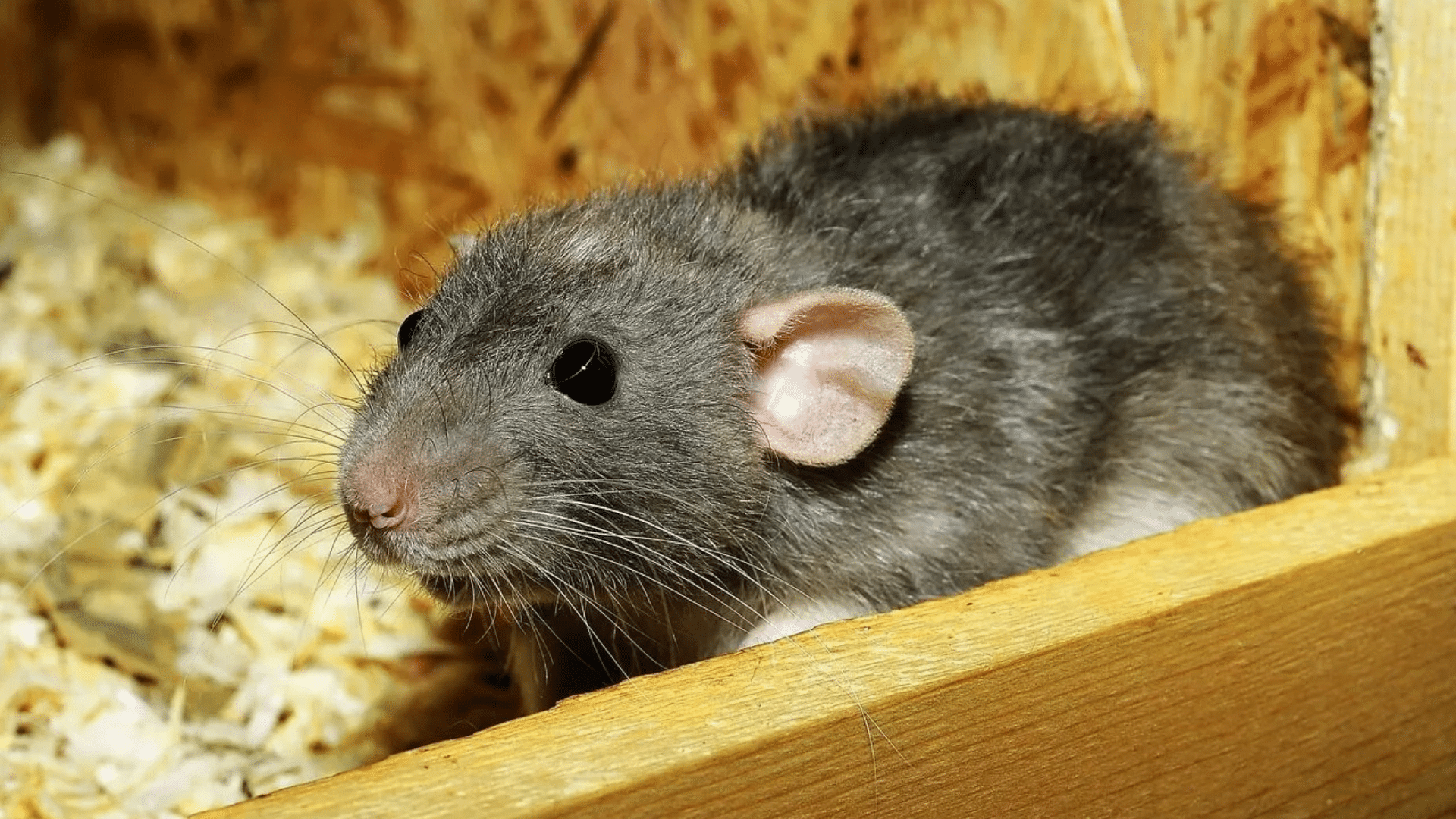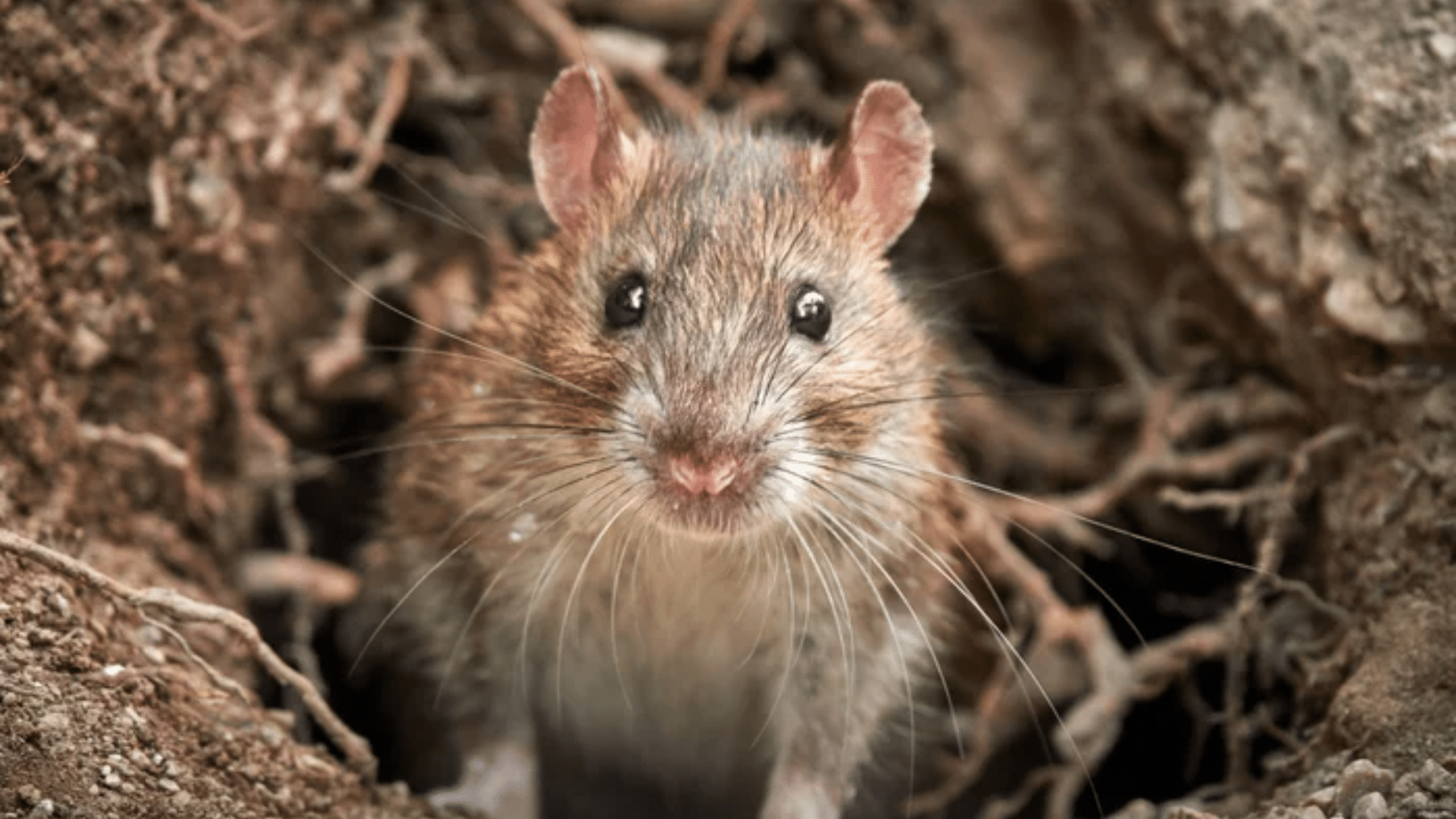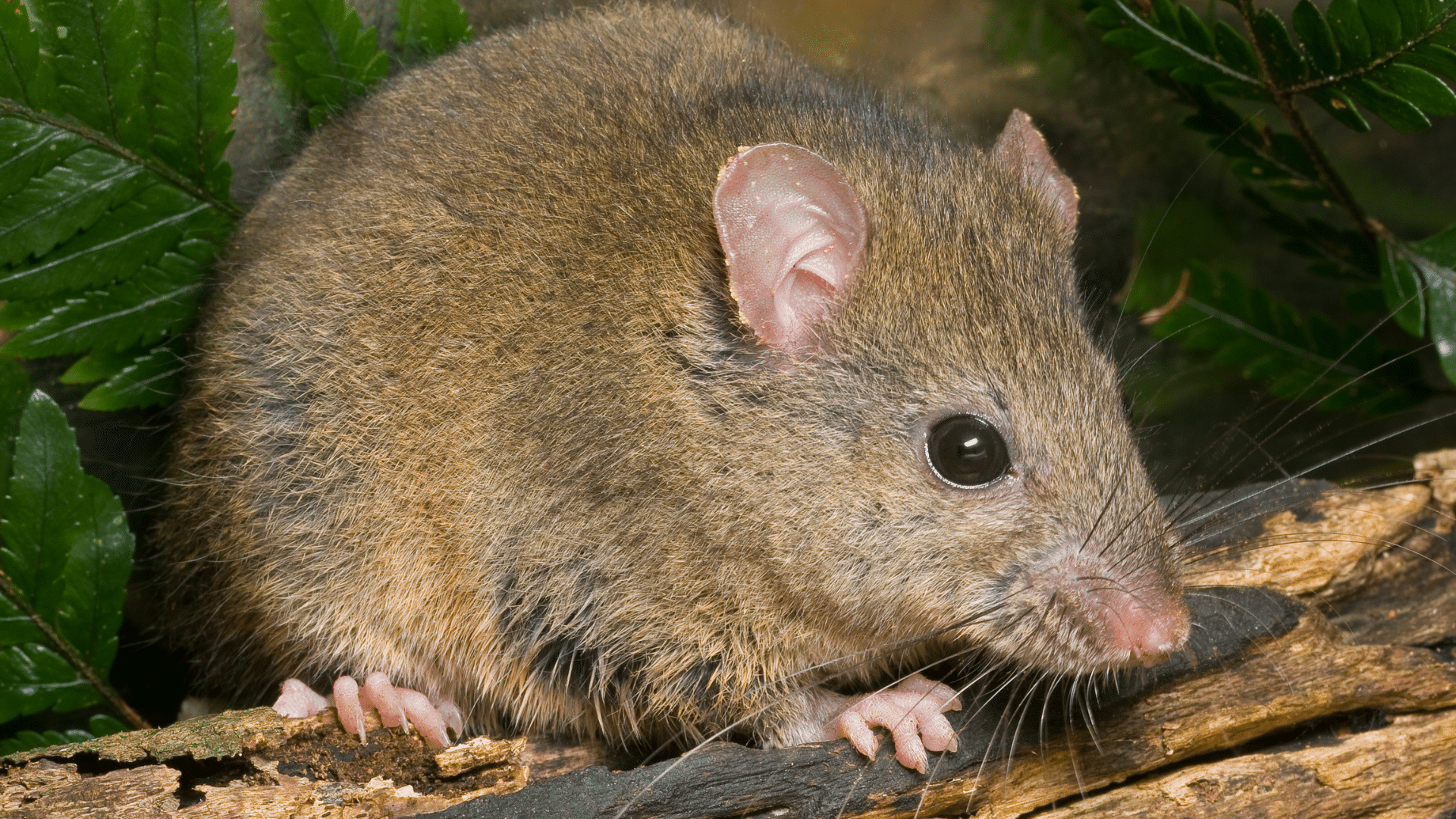Rat urine odor can quickly become a persistent and unpleasant problem if left unaddressed.
Not only is the odor unbearable, but it can also pose health risks.
The smell can be tough to eliminate, especially if it’s left untreated.
Understanding how to eliminate odors and prevent future infestations effectively is key to maintaining a healthy and comfortable living space.
By following the right steps and using the proper cleaning products, you can effectively remove the smell of rat urine and prevent it from returning.
Tips to Get Rid of Rat Urine Smell

Follow these practical tips to effectively eliminate the smell of rat urine, ensuring a fresher and cleaner space without lingering odors.
1. Identify the Source of the Smell
Before tackling the odor, it’s essential to pinpoint the exact source of the rat urine. Rats tend to leave urine marks wherever they frequent, such as along walls, in hidden corners, or near nests.
Use your nose to locate the areas with the strongest scent, but also inspect places that are hard to see, like behind furniture or in attic spaces.
Identifying the source will enable you to focus your cleaning efforts and ensure that you remove the smell from all affected areas.
2. Clean the Area Thoroughly
Once you’ve found the source of the smell, thoroughly clean the area to remove urine and odor.
Start by using absorbent materials, like paper towels or rags, to blot up any liquid.
Then, scrub the area with a disinfectant or enzymatic cleaner, which breaks down the compounds in the urine.
If the urine has soaked into porous materials like wood or carpet, consider using a deeper cleaning method, such as steam cleaning or replacing affected sections.
Cleaning thoroughly helps ensure the smell is eliminated.
3. Use Enzyme Cleaners
Enzyme-based cleaners are highly effective at breaking down the bacteria and compounds in rat urine that cause odors.
These cleaners contain natural enzymes that break down urine molecules at a molecular level, neutralizing the smell instead of just masking it.
To use, apply the enzyme cleaner to the affected area and let it sit for the recommended time.
Make sure to follow the instructions on the label for best results.
Enzyme cleaners are especially useful for eliminating deep-set odors in fabrics, carpets, and porous surfaces.
4. Apply a Vinegar Solution
Vinegar is an excellent natural solution for neutralizing the odor of rat urine.
The acidity in vinegar helps break down the chemical compounds in urine, eliminating the smell.
Mix equal parts water and white vinegar in a spray bottle and apply it to the affected area.
Let it sit for 10 to 15 minutes before wiping it up with a clean cloth. The vinegar smell will dissipate once it dries, leaving the area smelling fresh.
This method works well on hard surfaces and can be safely used on most materials.
5. Try Baking Soda for Odor Absorption
Baking soda is another simple and effective solution for absorbing odors. After cleaning the affected area, sprinkle a generous amount of baking soda over the surface and let it sit for several hours or overnight.
The baking soda will absorb any remaining odors. For carpets or upholstery, you can vacuum it up afterward.
This method works especially well on soft surfaces where odors tend to linger. It’s also a great way to keep your home smelling fresh between cleanings.
6. Use Activated Charcoal
Activated charcoal is known for its powerful odor-absorbing properties. It works by trapping and neutralizing odors, making it a great option for eliminating rat urine smells in enclosed spaces.
Place bowls of activated charcoal near the affected area or in spaces like closets, attics, or basements. Leave the charcoal in place for several days to effectively absorb any remaining odors.
Activated charcoal can be used alongside other cleaning methods for a more thorough odor removal.
7. Wipe Painted Surfaces with a Damp Cloth
Painted surfaces can hold onto odors, including rat urine. To clean these surfaces, lightly dampen a cloth with water (or a mild cleaning solution) and gently wipe down the painted areas.
Avoid using harsh chemicals, as they can damage the paint. Regularly wiping down these surfaces will help keep them fresh and prevent the smell from lingering.
If the urine has deeply penetrated the paint, a more thorough cleaning or repainting may be necessary to eliminate the odor fully.
8. Consider Using Odor Neutralizing Sprays
Odor-neutralizing sprays can be a quick and effective way to mask and eliminate persistent smells.
Choose a spray specifically designed for pet or rodent odors. It contains ingredients that neutralize ammonia-based smells, such as those found in rat urine.
Spray the affected areas and let the product work.
While these sprays provide immediate relief, they might not eliminate the odor at the source.
For long-term effectiveness, combine sprays with thorough cleaning methods.
9. Wash Fabrics and Upholstery
Rat urine can quickly soak into fabrics and upholstery, making it important to wash them thoroughly.
For washable items like curtains, cushions, or slipcovers, wash them with a strong detergent and add a cup of white vinegar to the wash cycle to help neutralize odors.
For non-washable items, use a fabric cleaner or steam cleaner to remove the smell.
Regular washing helps ensure the urine odor doesn’t linger, and it also keeps your home environment fresh and safe.
10. Check for Contaminated Insulation
Rats often urinate in hidden places, such as walls and attic insulation, which can make the odor difficult to remove.
If you suspect the urine has soaked into your insulation, consider inspecting and replacing it if necessary.
Insulation can trap odors and bacteria, making it a long-term source of smell.
If you’re unsure about how to inspect or replace insulation, consider hiring a professional to thoroughly assess and clean these areas.
11. Use a Fogger for Hard-To-Reach Areas
Foggers can be an excellent solution for areas that are difficult to reach or clean thoroughly, such as attics, crawl spaces, or behind walls.
These devices release a fine mist of odor-neutralizing solution, which helps eliminate odors in the air and on hard-to-clean surfaces.
Foggers can reach deep into cracks and crevices, eliminating the smell of rat urine in all areas. Follow the fogger’s instructions for safe and effective use.
Comparison of Rat Urine Odor Removal Methods
| Method | Effectiveness | Best For | Cost |
|---|---|---|---|
| Enzyme Cleaners | Very effective | Deep-set odors in carpets & fabrics | Moderate |
|
Vinegar Solution |
Good for neutralizing odors | Hard surfaces | Low |
|
Baking Soda |
Absorbs lingering odors | Carpets and upholstery | Very low |
| Activated Charcoal | Effective for enclosed spaces | Basements, attics, and closets | Moderate |
|
Fogger |
Great for hard-to-reach areas | Attics, walls, crawl spaces | High |
Alternative Natural Cleaning Solutions
If you’re looking for natural alternatives to traditional cleaning products, there are a few effective options that can help neutralize odors and keep your space fresh.
These natural solutions are not only eco-friendly but also provide a pleasant fragrance, making your home smell great while tackling stubborn odors.
- Lemon Juice: Lemon juice can be an alternative to vinegar and can help neutralize odors, leaving a fresh citrus scent.
- Essential Oils: Adding a few drops of essential oils (like eucalyptus or tea tree oil) to cleaning solutions could also help eliminate odors and add a pleasant fragrance.
Health Concerns from Rat Urine

Here are some health risks associated with rat urine, including infections and respiratory issues.
Taking precautions can help keep your environment safe.
- Leptospirosis: A bacterium found in rat urine that can cause fever, headaches, and muscle pain. In severe cases, it can affect the liver or kidneys.
- Hantavirus: A virus in rat urine that can cause serious breathing problems and flu-like symptoms, including fever and muscle aches.
- Salmonella: Bacteria from rat urine that can contaminate food and surfaces, leading to stomach problems like diarrhea and vomiting.
- Allergies and Breathing Problems: Contact with rat urine can trigger allergies or make asthma and breathing issues worse.
- Toxoplasmosis: A parasite that can be in rat urine, causing flu-like symptoms. It can be dangerous for pregnant women or those with weak immune systems.
- Ammonia Exposure: The ammonia in rat urine can irritate your eyes, throat, and lungs, causing coughing or trouble breathing.
- Zoonotic Diseases: Rat urine can spread diseases that can be passed from animals to humans. Proper cleaning is needed to avoid these risks.
Final Thoughts
Dealing with the smell left by rats can be challenging, but with the right approach, it’s possible to fix.
Products like enzyme solutions, baking soda, and activated charcoal help get rid of odors trapped in surfaces and air.
Extra steps like foggers or replacing damaged insulation can improve results, especially in hidden places.
Don’t forget to wash fabrics, wipe walls, and check corners often. Alongside odor removal, keeping your home safe means understanding the health issues linked to rat waste.
With regular cleaning, odor control tools, and safety habits, your home can stay fresh, clean, and free from unwanted rodent smells.















